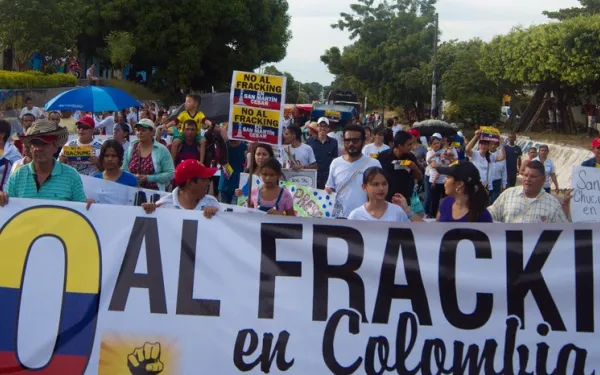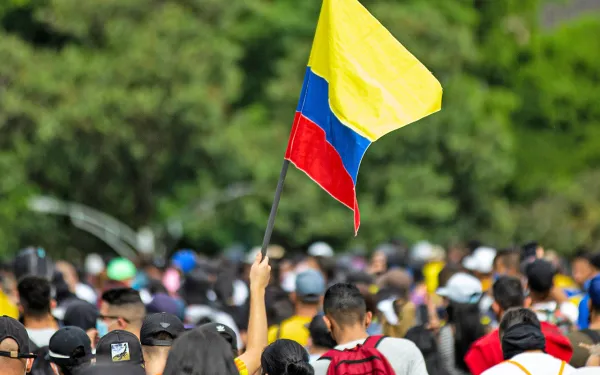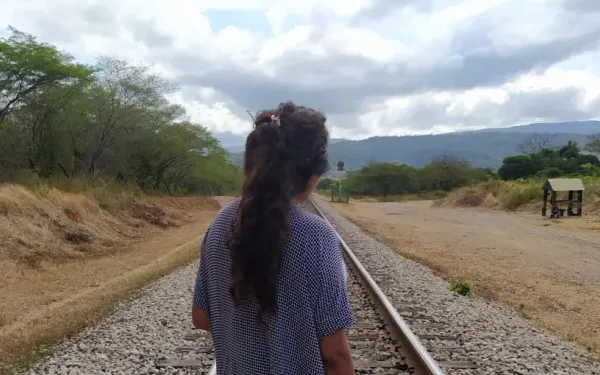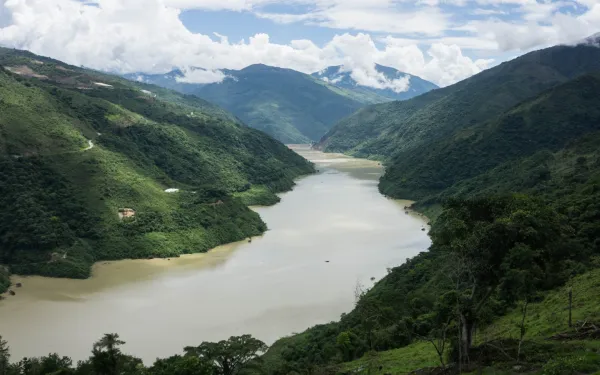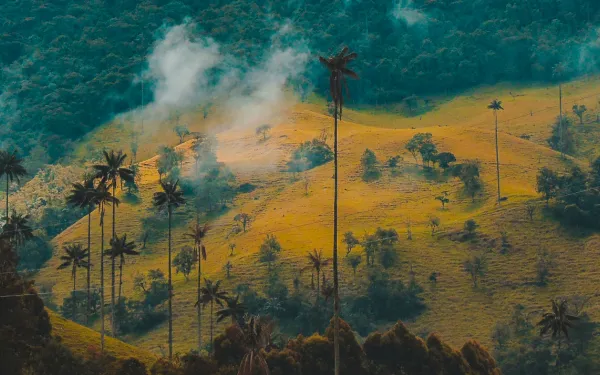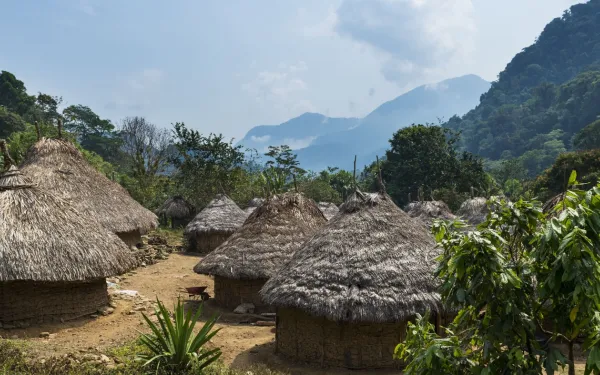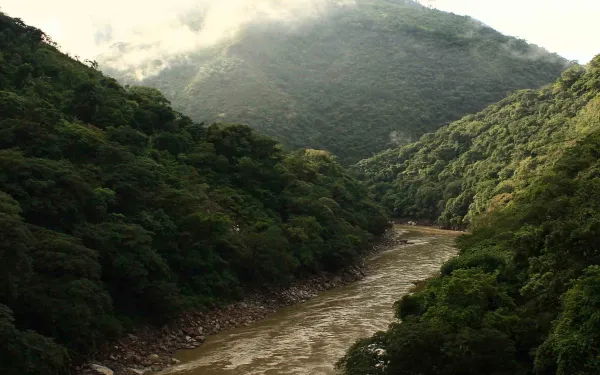
IDB must guaranty a responsible exit from the Hidroituango project
Ongoing investigation of the project continues regardless of early repayment of loan. The IDB Group concluded the loan for Hidroituango prematurely as they face uncertainty regarding project initiating operations. The investigation process regarding non-compliance with IDB policies in Hidroituango continues, regardless of the early termination of the loan. The construction of the Hidroituango dam, a project that has created a humanitarian and environmental crisis without precedent in Colombia, was financed by IDB Invest, the private lending arm of the Inter-American Development Bank (IDB), which invested millions of dollars in the hydroelectric project and facilitated the investment of a billion additional dollars from other international development banks. The Office of the Transparency Hub of IDB Invest informed Movimiento Ríos Vivos (MRV) -which represents communities affected by HidroItuango - that the bank concluded its involvement in the project after receiving the advance repayment of funds from Empresas Públicas de Medellin (EPM). Further, it informed that the compliance investigation process currently underway at the Independent Consultation and Investigation Mechanism (MICI) to assess compliance with IDB policies will continue, separate from the exit from the project by IDB. Regarding the communication sent by IDB Invest to MRV, the movement and accompanying international organizations, the Center for International Environmental Law (CIEL) and the Interamerican Association for Environmental Defense (AIDA), stated the following: First, the undersigned organizations maintain that the continuation of the complaint before the MICI demonstrates a respect for the integrity and independence of the accountability mechanism and a commitment to respond to the concerns of communities affected by IDB financed projects. Furthermore, we would underline that the fact the IDB has concluded its involvement in the project, resulting from a voluntary repayment due to the uncertainty of reaching certain project milestones, does not imply the absence or the removal of the investment. Much to the contrary, the prepayment by EPM to the IDB Group demonstrates that the IDB effectively disbursed funds and financed the project, and that Hidroituango is an IDB branded project. Consequently, we believe that it is correct for the MICI, the accountability mechanism in this case, to continue its investigative functions, and that the Board and management of the Bank remain committed to the process and its findings. Secondly, as has been set forth by the MICI in recent reports recognizing the lack of compliance with environmental and social safeguards by the bank, such as the case of the San Mateo and San Andres hydroelectric projects in the microregion of Yich K’isis in Guatemala, “in case of exit from the Projects, IDB Invest should make the necessary provisions to ensure a responsible exit from the Operations”. We are confident that the payment of the debt by EPM to the IDB opens up a historic possibility for the bank to conclude its involvement in a responsible way, by creating an Exit Plan in participation with communities which allows for the restoration of affected livelihoods, thereby legitimizing the bank as a responsible international finance institution. This possibility brings hope to the MRV communities affected by the Hidroituango project, who have called for the end of the investment by the IDB and its responsible exit for years. Thirdly, the undersigned organizations expect the IDB to fulfill its commitment to transparency in its operations, guaranteeing the principle of maximum access to project information, in a straightforward and comprehensive manner, under the terms established in the bank’s access to information policy. It is under these terms that we will be requesting meetings with the Board of the IDB in the near future. Today the IDB has an opportunity to fulfill its commitment to maintain high standards of integrity, transparency and accountability within its operations not only in Colombia but throughout Latin America. For this reason, we insist on the need for i) decision-making to be more transparent about the remaining IDB Group investments or loans which currently finance this project, both from its public and private lending arm, as was set forth in the petition sent on December 6th, 2021, ii) that a responsible, effective and participatory exit plan be built with communities. Press contacts: Milena Florez, Movimiento Ríos Vivos (MRV), [email protected], +57 319 2131656 Carla García Zendejas, CIEL, [email protected], +1 202 374 2550 Yeny Rodríguez Junco, AIDA, [email protected], +57 310 7787 601
Read more

